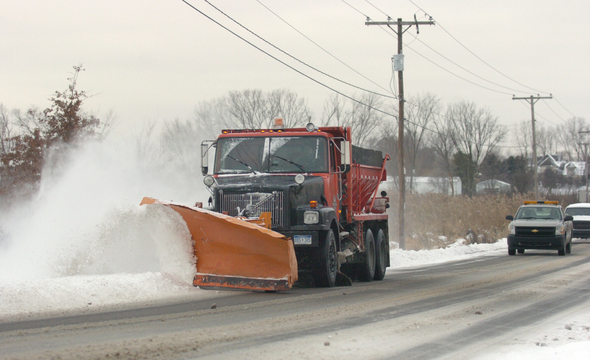 |
| Exchange rate Feb 20, 2013 |
I think we've all seen enough of American money in the movies to recognise it when we see it, but I thought some of you might enjoy a quick comparison to Australian money, and also to learn a little bit about money here in the U.S.
To start I thought I would address a few quirks about Australian money, for those readers who aren't from Australia so you know exactly where I "came from".
 |
| Australian Coins |
First, in Australia we have done away with 1c and 2c coins. This was many moons ago while I was still a kid. The smallest coin in Australia is now the 5c coin BUT you can still sometimes see prices as, say, $1.88. Now we don't do the 1c or 2c so we can't give coin up to 88c but neither can the cashier give 2c change. If you pay with card (EFTPOS in Australia) you will be charged exactly $1.88 BUT if you pay with cash, you will pay $1.90. It gets rounded down or up depending on whether it's closer to the next 10, the previous 10 or 5. At first people were worried they would be cheated out of money with the rounding up but really it most likely evens out, plus, you can just use card (which is VERY prevalent) instead of cash, problem solved :D
 |
| Australian Notes |
Australian notes are made of a polymer so it feels very plastic. You can cut it with scissors but getting it wet doesn't damage it. A bad thing is though that when wet it's possible for them to stick
together, and sometimes even if dry by static, so you could accidentally
give someone more money than you intended! The notes also have a few safety features, mostly watermark type things, so you can tell if it's real or fake.
The best thing about Australian notes, in my opinion, is that they're colour coded. So when you look in your wallet you can tell by looking at the colours how much money you have in your wallet! A lot of people call Aussie money (and UK money) "monopoly money" because it's so multi-coloured and to them, looks fake.
 |
| American Notes |
American money is basically paper (though a special kind) and very easy to tear and if it gets wet it can destroy it (however it's not uncommon to see notes taped back together!). Occasionally you will hear someone refer to American notes as "greenbacks" and this is of course because they're green, or rather they used to be. Like Australian money, American money is starting to become coloured, just not quite as BRIGHT as Australian notes! I still find it hard to identify how much I have in my wallet though, and I'm sure I'm not the only person to open it up to see a few notes and think I'm rich, only to find out they're $1 notes :P
 |
| American Coins |
Similar to Australia, America has coins that are being used less often to the point you may never see them (unlike Australian 1c and 2c which are now totally obsolete), these are the 50c (half dollar), $1 coin. They also have the $2 note which you won't see too often either. You can still find some of these, but they're not common.
Both Australia and America have slang terms for particular notes. Not everyone uses the slang (me for example :P) but you might hear certain things from time to time like "redder" for a $20 note in Australia (because it's red) or "Benjamins" for $100 notes in America (because Benjamin Franklin is on the note). This wiki link:
http://en.wikipedia.org/wiki/Slang_terms_for_money has more examples (though I'll admit some of them must be old because I've never heard some of them! Like I said, personally I don't use the slang terms, not when "10" is so easy to say but doesn't mean you won't hear them some time!
Both countries have security marks/features in their of course, BUT here in American there is a special marker/texta! The first time I saw someone take out a marker and scribble on a note I was confused when nothing came up. I wondered why they were testing if a marker worked, on money! That's when I asked and found out about the "counterfeit detector pen". Here's a "How Stuff Works" link to explain:
http://www.howstuffworks.com/question212.htm Basically if the money is fake, the marker will show, if it's real, nothing happens :)
It did take a while for me to get used to the differences. It's still weird to me to have so many ones ($1) in my wallet but I know other people that find it odd to have "big money" (anything with "dollar" after it being "big") as a coin, especially as they're not light! A lot of American men carry the "change" in their pocket as well and someone I know went over to the UK and ended up carrying a fair bit of money in their pocket not realising they had $1 and $2 coins in there! It's also still weird to me that the American 5c piece is the size of an Australian10c piece, and the 10c piece is the size of an Australian 5c (roughly)... not to mention all the pennies!
** I'm sorry this one took so long to get out! I'm actually working on a few at the moment, and the Health Care one specifically is difficult to make sure I make sense (when sometimes the healthcare here doesn't make sense!). So stay tuned! I'm going to try and get some of the "easier" ones out first and continue working on the Health Care one :)















.jpg)





